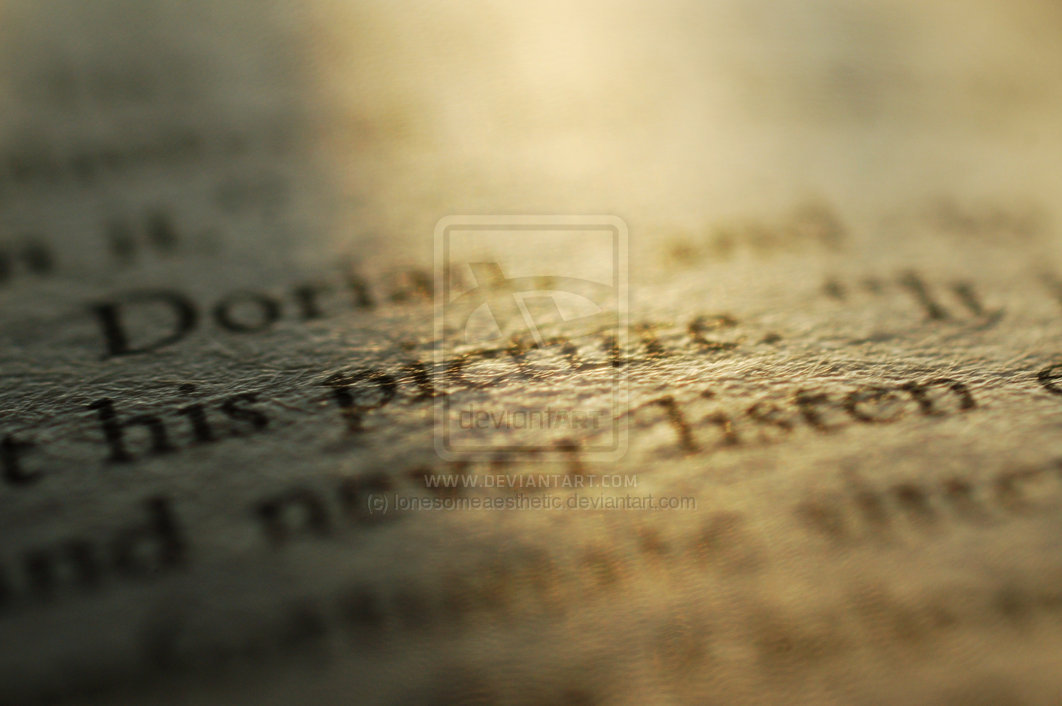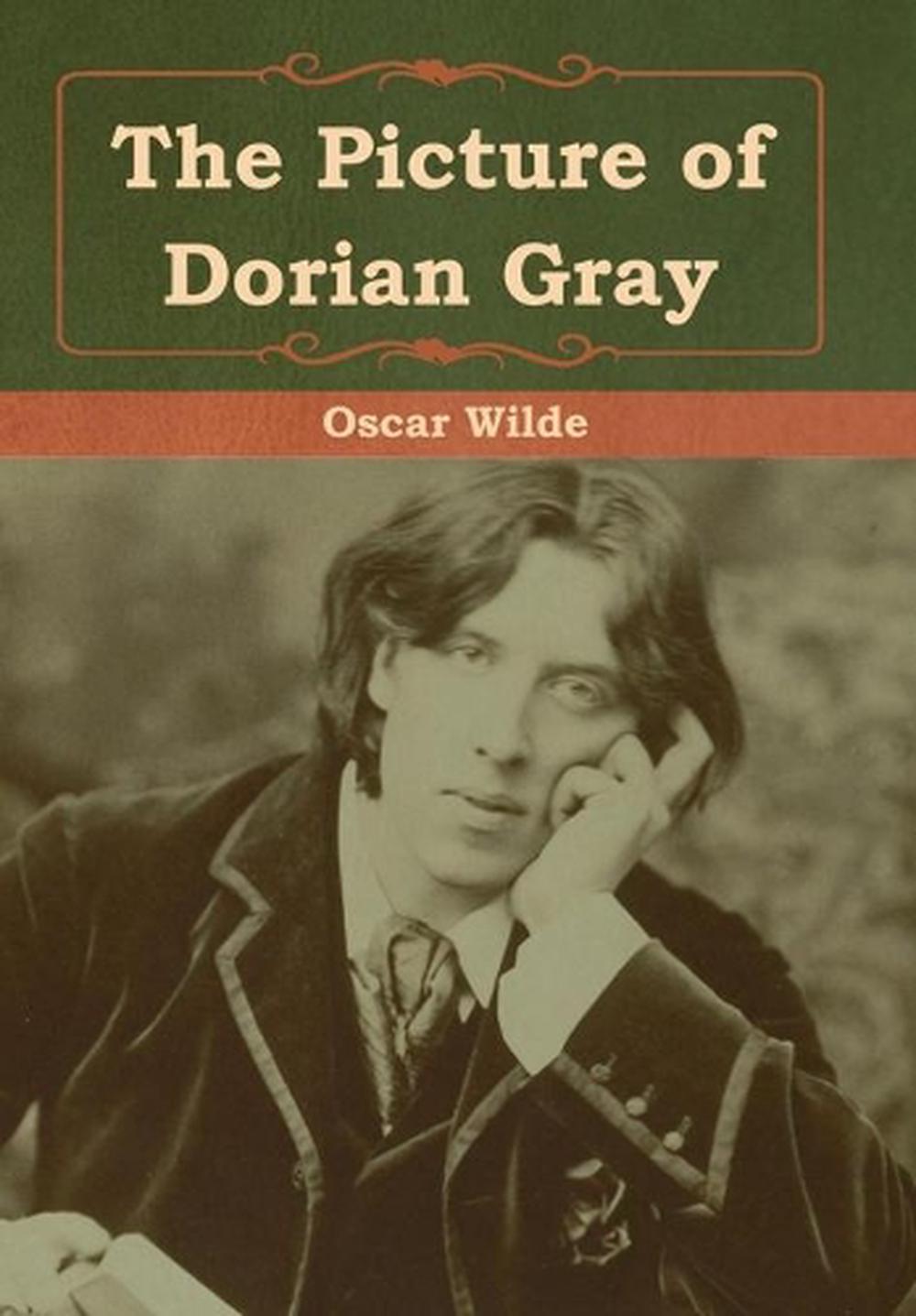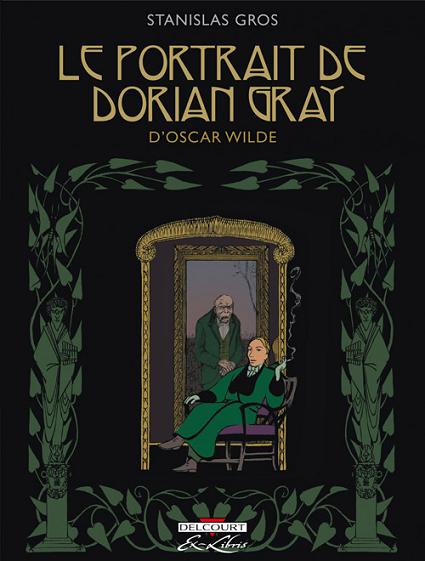
Russell Tovey is a TV, film and stage actor, known for The History Boys, Grabbers, Angels in America, The Night Manager, Pride, Quantico and The Pass. Experience the unique and fractured world created by Oscar Wilde in this new audiobook adaptation, made in collaboration with Stonewall and narrated by award-winning actor, Russell Tovey. Modern audiences now recognise The Picture of Dorian Gray as an enticing gothic masterpiece and highly astute cautionary tale.

It is the finished product which ultimately engenders Dorian the ultimate weapon control over the passing of time.

Hopelessly enamoured by the young socialite, Basil sets out to capture his likeness in a full-length portrait. As handsome as he is charming, Dorian beguiles those around him, in particular, the artist Basil Hallward. When the protagonist, Dorian Gray, meets with the audacious Lord Henry Wotton, he is encouraged to indulge in his most vain and hedonistic of ambitions, thereby testing the boundaries of the law and living a life of unpunished anarchy. He credited his inspiration for the text to the classic Faustian suggestion that given the chance, a man would undoubtedly sell his soul in exchange for eternal youth. Wilde defended his vision to the last, whilst simultaneously challenging assumptions about his private life and sexuality. Having also interspersed homoerotic scenes within the story, The Picture of Dorian Gray was unsurprisingly condemned for its 'indecency', forcing Wilde to publish a second, censored edition in 1891. 25p from every copy downloaded over the next 12 months will be donated to Stonewall, Britain’s leading LGBT charity, to help the organisation further its work in securing full equality for lesbian, gay, bi and trans people everywhere.Ī damning portrayal of Victorian society, Wilde used his narrative to chastise his contemporaries for their superfluous and hypocritical values.


Now, this special anniversary edition marks 50 years since the 1967 Sexual Offences Act was passed in England. The Picture of Dorian Gray was first published in 1890 in the July edition of the Lippincott Magazine.


 0 kommentar(er)
0 kommentar(er)
